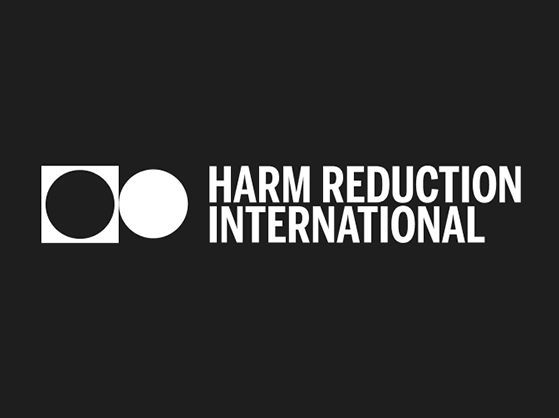Please join our urgent call to the World Health Organization (WHO) on harm reduction
The International Network of People who Use Drugs (INPUD), Harm Reduction International (HRI) and the International Drug Policy Consortium (IDPC) invite you to join us in a civil society sign-on letter to the World Health Organization, urging them to ensure continued focused and capacity on harm reduction despite drastic budget and staffing cuts.
The letter reads as follows:
Dear Dr Ghebreyesus,
On behalf of the XXX civil society and community-led organisations listed below, we are writing to urge the World Health Organization to maintain and resource its strong presence, expert capacity, normative guidance and diplomatic voice within the harm reduction, human rights and drug policy spaces, to ensure the continuation of its crucial work in support of harm reduction and people who use drugs, and also through ensuring meaningful involvement of people who use drugs at all levels.
The WHO was the first UN agency to fully support and embrace the harm reduction approach through its guidance and policy, and is a global champion of, and leader for, effective policies and programmes that protect the rights and lives of people who use drugs from preventable harms such as HIV, hepatitis C, overdose and drug-related deaths.
We recognise that this is a time of unprecedented challenges for the WHO, as it is for health and human rights movements and stakeholders across the globe. However, we urge you to ensure that current funding cuts and other geopolitical pressures are not allowed to weaken the WHO’s role, it’s political will and it’s position as the normative leader for harm reduction and programmes for people who use drugs.
The progress and achievements that have been made to date are down to the unparalleled technical expertise, experience and commitment of the Department of Global HIV, Hepatitis and Sexually Transmitted Infections Programmes, especially their commitment to ensure the meaningful involvement of people who use drugs and other key populations in decision-making processes and co-developing key guidance and policies.[1] In a context where harm reduction and community-led programmes on the ground are being decimated, and where other UN agencies and the Global Fund are facing their own funding crises, the continued leadership and expertise of the WHO in this field is more important now than it has ever been. The dedicated WHO secretariat capacity on harm reduction has directly contributed to the steady increase in countries adopting harm reduction policies and programmes around the world.[2] Losing this capacity, or weakening it through merger with other mandates or departments would be disastrous for our community and would further jeopardise harm reduction services and coverage.
Even before the recent pushback and defunding of human rights, health and development agendas, harm reduction was already facing a crisis of funding and political leadership – despite the overwhelming evidence for its effectiveness.[3] People who inject drugs were already 14 times more likely to acquire HIV than the rest of the adult population.[4] The funding for harm reduction in low- and middle-income countries was already just 6% of the estimated annual resource needs. Service delivery was hampered by disinformation and political resistance. Sweeping cuts to foreign aid this year have had an additional, immediate and devastating effect on programmes and those who access them, as well as on the available support for civil society and community-led advocacy, including community networking and empowerment.[5] Now more than ever, we need the World Health Organization to lead, protect and promote harm reduction and champion evidence-based, rights-based policies and programmes for people who use drugs. A weakened WHO role would inevitably translate into setbacks not only for harm reduction, but for the broader fight against infectious diseases.
One timely opportunity to demonstrate the WHO leadership in this respect is through the 2025 Commission on Narcotic Drugs (CND) Resolution 68/6 (“Strengthening the international drug control system: a path to effective implementation”), which has mandated the appointment of a 19-person panel review the implementation of drug policy commitments and “consider what changes may be required in the existing machinery for the international control of narcotic drugs”.[6] As per the resolution, one of the 19 panellists is to be nominated by the Director-General of the WHO, with the other places being filled by the regional groups of member states, the UN Secretary-General and the INCB. This is a paramount opportunity to ensure that the WHO nominee is someone with specific expertise in, and an active champion of, harm reduction and human rights, and particularly someone who has a strong connection and relationship with the community of people who use drugs.
As your civil society and community partners and allies, we look forward to continuing to support and collaborate with the WHO, and we urge your immediate consideration and action on the issues above due to the acute nature of our concerns and the potential impacts on people who use drugs around the world. We are here to support the WHO throughout these processes, and you can always rely on us as we bring the unique voices, expertise and lived experiences of people who use drugs at the global, regional and national levels.
For further information and any clarification, do not hesitate to contact the International Network of People who Use Drugs (INPUD: office@inpud.net), Harm Reduction International (HRI: office@hri.global) and/or the International Drug Policy Consortium (IDPC: contact@idpc.net).
Yours faithfully, on behalf of the following organisations...




















